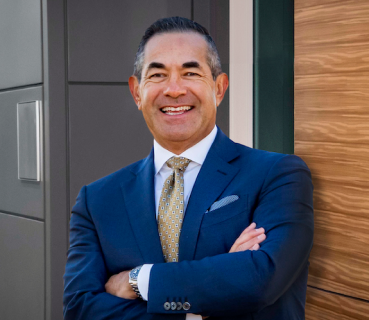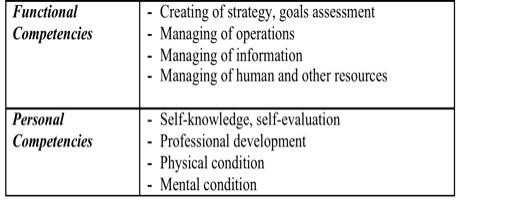Relevant Contents
Need Tailored Business Continuity Insights?
Contact Us Now for Personalized Guidance!
There are a number of key competencies Crisis Managers must have in order to be successful. Initially, Crisis Managers must have competency functionally and personally. Functional competence means you have a good grip on the management aspects of your role and responsibility.
Personal competency combines understanding of your internal workings plus having strong mental and physical strength conditioning. Studies have shown that you must have functional and personal competency to deal with the stress and demands of a crisis.
It is important to remember that every crisis specifically influences living, behavior and decision making of people. It directly influences all managing processes:
- Endangers life of people and their property
- Evokes feeling of insecurity and fear
- Endangers function of systems in an organization
- Evokes need of urgent solution
- Can start unexpected human behavior, panic, chaos
- Demands on co-operation of working teams rise
- Demand for information inside/outside the organization rises
| # | SKILL |
| 1. | Lead people in demanding situations, direct, control and help them. |
| 2. | Physical ability to solve unexpected problems promptly and to stand up to long-lasting physical and mental stress. |
| 3. | Ability to decide in non-standard situations, recognize what is most suitable in particular situation. Exhibit independence, decisiveness, and responsibility. |
| 4. | Professional competence and, knowledge of specific problems of crisis management. |
| 5. | Ability to organize and co-ordinate tasks and activities of members of crisis crew, executives and cooperating elements and helping services. |
| 6. | Knowledge of prepared information systems of crisis management, particular database systems and ability to use them correctly. |
| 7. | Knowledge of laws, regulations and other norms which restrict responsibility, tasks, activities and their relations in case of crisis ability to use them by co-ordination of particular subjects of crisis management. |
| 8. | Communication skills, ability to listen, understand the information and signals, know how to negotiate, influence, persuade, take feedback, clearly and briefly formulate decisions and orders. |
| 9. | Have experiences with solving of nonstandard situations using mock exercises and real events. |
As Crisis Managers, we must continually look to evaluate ourselves and look for opportunities to strengthen ourselves before we are dealing with a crisis. In many discussions with Emergency Services personnel, they agree that without good physical and mental conditioning, it could overshadow your sound management competency of the crisis.

Michael Herrera
Michael Herrera is the Chief Executive Officer (CEO) of MHA. In his role, Michael provides global leadership to the entire set of industry practices and horizontal capabilities within MHA. Under his leadership, MHA has become a leading provider of Business Continuity and Disaster Recovery services to organizations on a global level. He is also the founder of BCMMETRICS, a leading cloud based tool designed to assess business continuity compliance and residual risk. Michael is a well-known and sought after speaker on Business Continuity issues at local and national contingency planner chapter meetings and conferences. Prior to founding MHA, he was a Regional VP for Bank of America, where he was responsible for Business Continuity across the southwest region.



